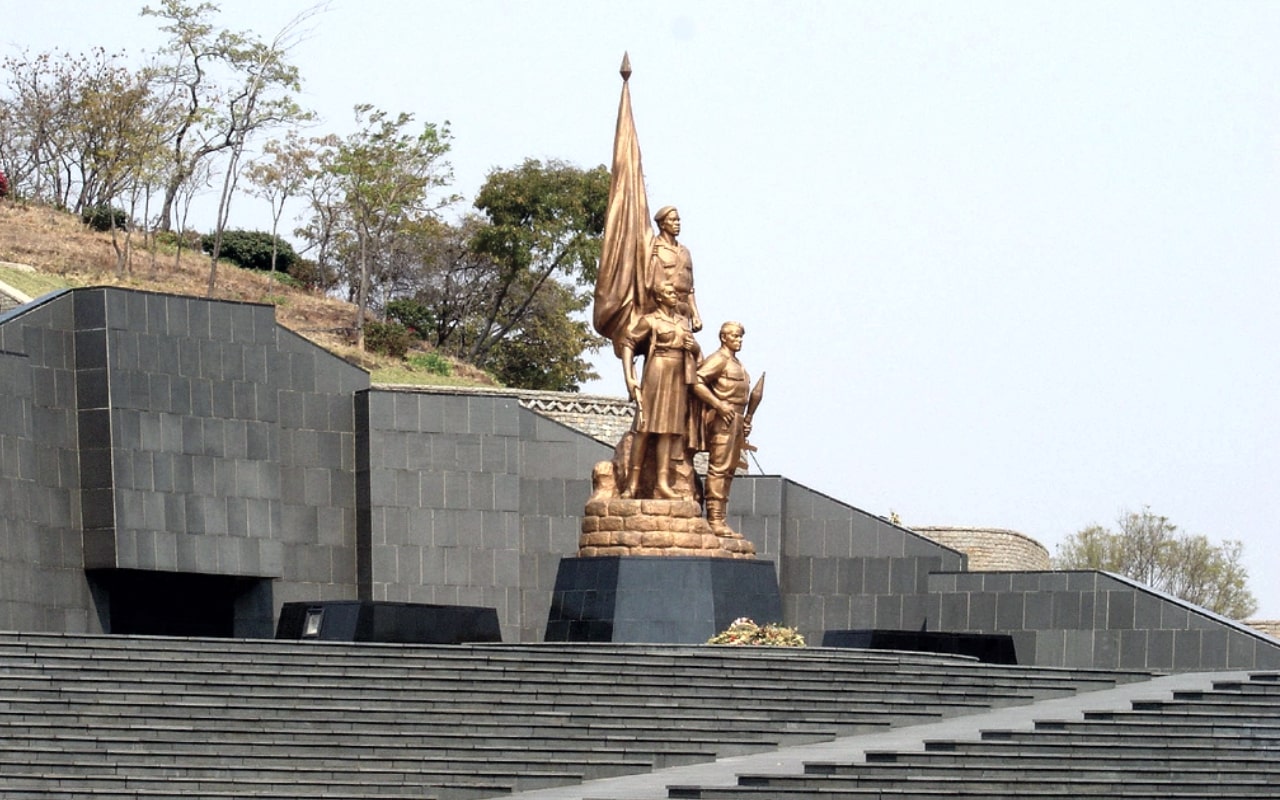Emailinfor@ntjwg.org.zw
Tel+263 86 7700 8773
THEMATIC AREAS
Memorialisation
1. Purpose Related Principles
- Memorialisation initiatives must seek to achieve historical clarification supporting local memorialisation initiatives.
- Memorialisation initiatives must be treated as a tool for building of a collective memory.
- Memorialisation initiatives must teach history to the contemporary and future generations while promoting multiple narratives. In teaching history, memorialisation projects must also ensure its preservation.
- Memorialisation projects must pursue truth-based reconciliation. By undertaking memorialisation initiatives based on a history that embraces the collective memory of the society, memorialisation accomplishes a critical principle of transitional justice – acknowledgement of the past as well as reconciliation.
- Memorialisation initiatives must assist in the development of people’s identity
2. Process Related Principles
- Sensitive to context, location and the target audience
- Memorialisation projects must be implemented with great attention to the context. This must be aligned at different levels – whether they are family projects, community projects, and national projects, regional or international initiatives
- Memorialisation initiatives must involve the participation of stakeholders and the grassroots. Local communities and all stakeholders must be involved from conception, design, development and implementation of the memorialisation initiatives.
- A memorialisation initiative must explicitly show acknowledgment for past wrongs but should be sensitive to the context.
- In designing memorialisation projects, survivors and victims must play a leading role, and their best interests must take priority. This is linked to the principle of stakeholder participation but goes on to focus on victims and their varied needs.
- Memorialisation projects must be carried out with extreme caution, and experts must be involved especially experts from the affected groups who share and understand the circumstances of affected communities. In areas like exhumations that require international expertise, such experts must be brought into the matter. In private matters affecting victims, governments must try to assist the families meet the costs without determining the agenda.

- All actors at all levels must respect the customs, practices and beliefs of the affected people. At the national level, a body charged with considering memorialisation projects must take into consideration these stated principles and consult with stakeholders especially victims on how they wish the process to move on.
- Memorialisation initiatives must be implemented as part of a holistic approach to dealing with the past.
- Memory should leave room for social debate and dialogue. Different groups must be permitted to undertake initiatives that are unique to their culture and experiences without being forced into to an artificial unity with the dominant groups.
- Designing memorialisation initiatives must be well timed and well sequenced. Actors must ensure that the set goals are precisely aligned with the actions.
- There is a need for a legal framework that allows for stakeholders and affected communities to be involved in the memorialisation processes and ensure non-partisan management of memorialisation projects and institutions.
